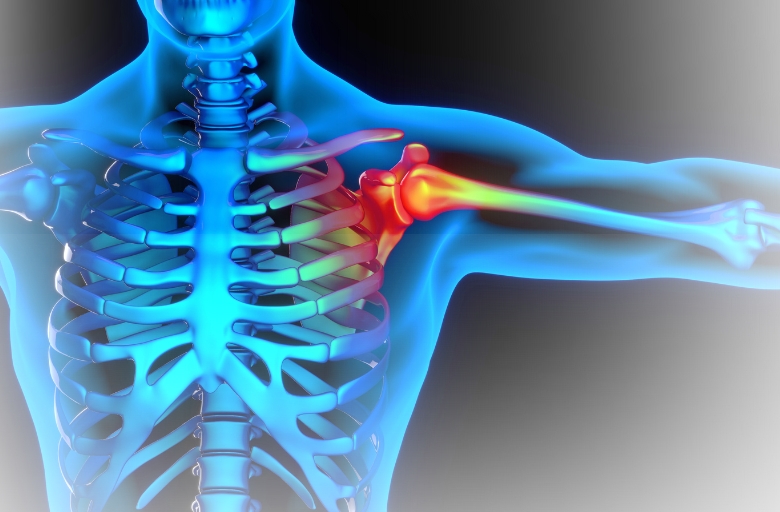Step-by-Step Guide to Recovering from Shoulder & Elbow Replacement
Published on July 25, 2024 By Dr. Vivek Mittal
For individuals suffering from persistent joint pain, elbow and shoulder replacement surgery can be life-changing procedures that greatly improve their quality of life. To ensure the best results, recovery is a crucial stage that needs to be attended to carefully and by medical instructions. The goal of this guide is to ensure accuracy, value, and a seamless healing process for you as you follow the step-by-step instructions for recovering from elbow and shoulder replacement surgery.
Understanding Shoulder & Elbow Replacement
To restore function and relieve pain, artificial implants are used to replace damaged joints in shoulder and elbow replacement procedures. Patients who do not respond to conservative therapy and have severe arthritis, fractures, or other joint-related disorders are frequently advised to have these procedures.
Choosing the Best Surgical Option
Choosing the best minimally invasive procedure in Delhi might have significant impacts on how quickly you heal. Comparing minimally invasive treatments to traditional ones, the former results in smaller incisions, less pain, and faster recovery times. According to advancements in robotic-assisted technology, seeking the guidance of a proficient robotic joint replacement surgeon in Delhi can also result in improved precision and outcomes.
Step-by-Step Recovery Process
Post-Surgical Hospital Stay: You will be examined in the hospital for a few days after the surgery. During this time:
Pain-management methods will be implemented.
The initial physiotherapy sessions will start to enhance mobility.
Your surgeon will provide detailed instructions for wound care and activity limitations.
At-Home Care: After discharge, your recovery continues at home. Key features include:
Proper Wound Care: Keep the surgery site clean and dry regularly. Dressing changes should be performed according to your doctor’s instructions.
Medication: Take prescribed painkillers and antibiotics as directed.
Rest: Adequate rest is critical. Avoid fast activities that may cause strain on the new joint.
Physical Therapy: Physical therapy is crucial for rebuilding strength and regaining mobility. Your therapist will create a personalised fitness programme that focuses on:
Range of Motion: Gentle exercises can improve joint flexibility.
Strength Training: Gradual strengthening activities to restore muscle support around the joint.
Functional Training: Activities like regular tasks will help you enhance your ability to do ordinary tasks independently.
Schedule regular follow-up appointments: Regular check-ups with your surgeon are essential for monitoring your progress. The visits will include:
X-rays and assessments: To ensure that the device is properly positioned and healing as planned.
Adjusting Treatment Plans: Depending on your recovery rate and any issues that may arise.
Gradual return to normal activities: As you recuperate, you will be able to gradually resume routine activities. Important things to remember:
Listen to Your Body: Don’t push yourself too hard. Any discomfort you have should be discussed with your therapist or physician.
Ergonomic Changes: Make the appropriate changes to your home and workstation to reduce strain on your shoulder and elbow.
Long-term Maintenance: The long-term success of your shoulder and elbow replacement is dependent on continued care.
Regular Exercise: Stick to the specified workouts to keep your joints functioning properly.
Healthy Lifestyle: Maintain a healthy weight to reduce pressure on your joints.
Routine Check-Ups: You should contact your surgeon regularly to assess the status of the implant and your general joint health.
Recovering after shoulder and elbow replacement surgery is a multi-step procedure that demands determination and dedication to medical guidance. You can significantly enhance your recovery experience by selecting the best minimally invasive surgery in Delhi and talking with a qualified robotic joint replacement surgeon in Delhi. Remember that everyone’s recovery journey is unique, and following this complete advice will help you have a smooth and effective recovery.




